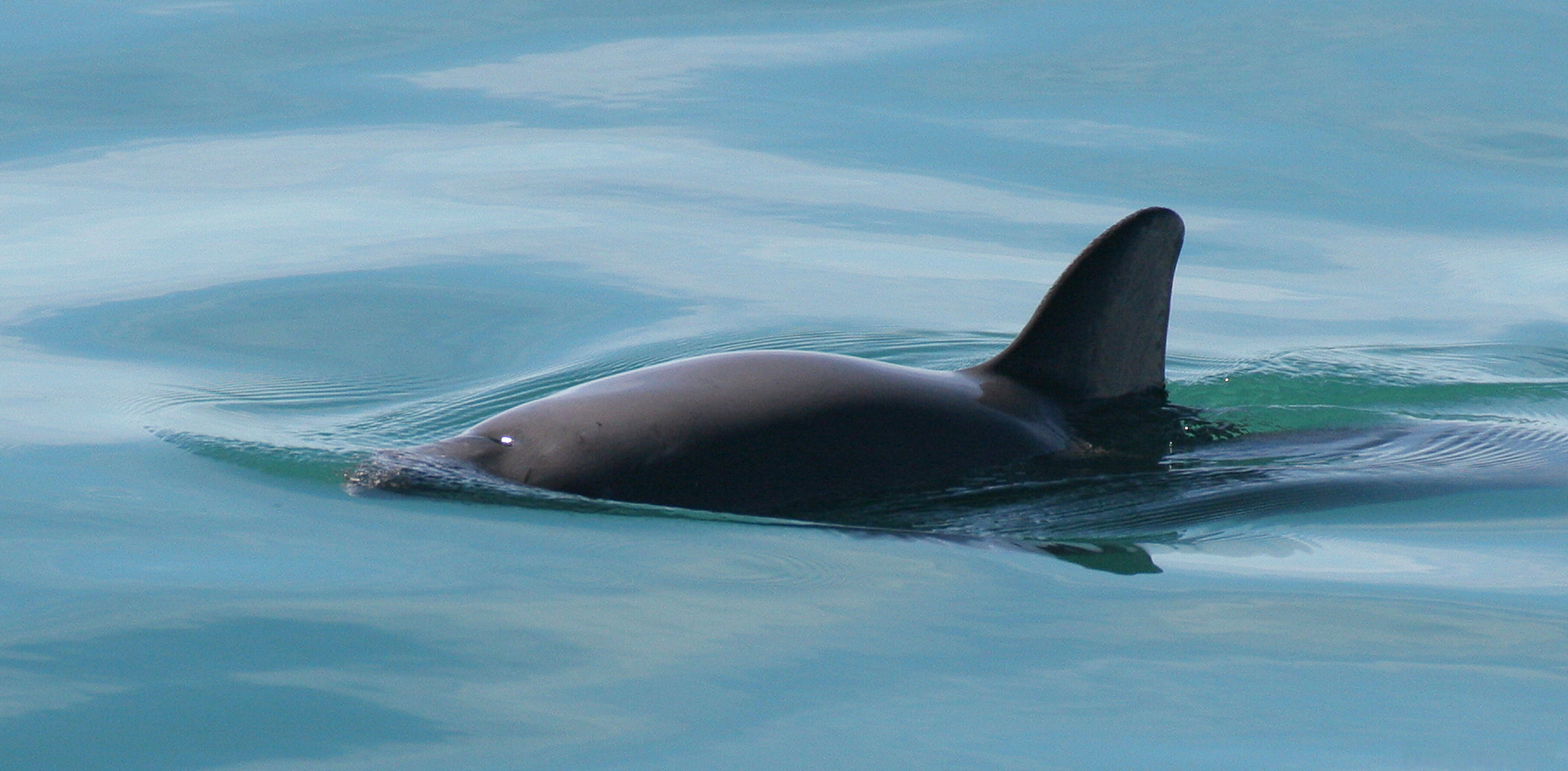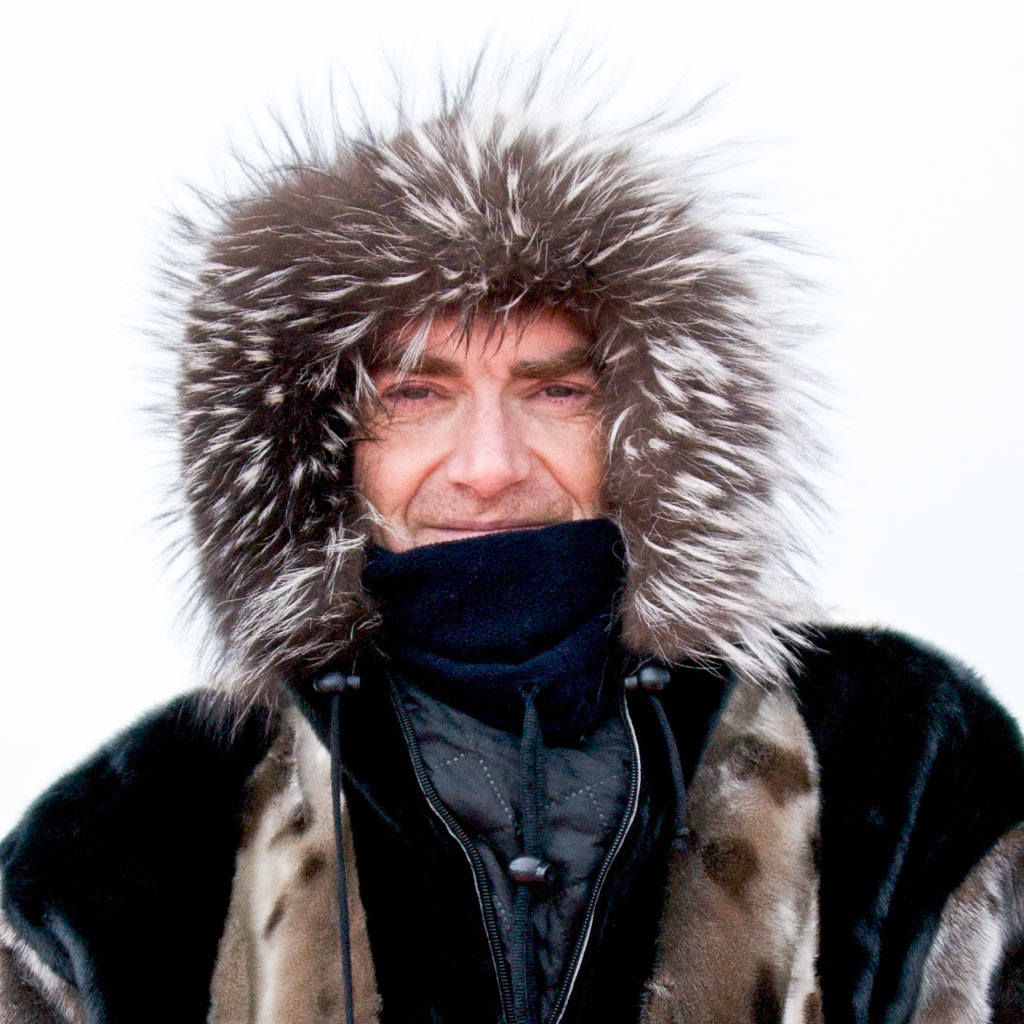
The Mexican government is cracking down on illegal fishing—just in time for the world’s smallest whale, the vaquita, to make a comeback in its native habitat.


The Mexican government is cracking down on illegal fishing—just in time for the world’s smallest whale, the vaquita, to make a comeback in its native habitat.
The smallest and most endangered whale on the planet is making a comeback. Or, at least, their population is no longer in free fall. Vaquitas are endemic to the Gulf of California off the coast of Mexico, which means they’re not found anywhere else in the world. You may not have heard of them before but that’s alright—they’re known to be shy and elusive. So much so that if you go down to the Gulf of Mexico, you won’t find any boat tours or local guides offering vaquita-watching.
And that’s probably for the best. There’s no way for vaquitas to survive as a species except to protect them from non-natural threats in their native habit. They aren’t able to survive or reproduce in captivity and don’t live anywhere else in the world. So protecting vaquitas in their natural habitat is the only way to save them.
In 2018, researchers estimated their numbers were falling by around 45 percent every year. But a recent survey of the little porpoises documented about a dozen healthy vaquitas, including at least one calf. That’s about as many as were found in a 2021 survey, which means their population is finally stabilizing. “It’s the biggest conservation success for vaquita that I’ve seen in 30 years,” Barbara Taylor, a biologist and vaquita expert who led the survey, told the New York Times.
The biggest difference from 2021 to now is the efforts to actually enforce existing conservation measures, which means cracking down on illegal fishing.
The primary threat to vaquitas is gill net fishing, a common method in the region using nets that stretch across the water column like a volleyball net. The openings are large enough for a fish to fit their head but not their entire body, ensnaring them by their gills. But dolphins, vaquitas, turtles and other marine life are often caught in the crossfire, to the point that the method has been banned in some regions of particular conservation concern—including a designated ‘Zero Tolerance Area’ (ZTA) off the coast of Mexico where vaquitas have been sighted consistently.
Following the 2021 study that counted over 100 fishing boats in the ZTA, the Mexican government and the marine conservation group Sea Shepherd (check out an essay from Allistair Allan of Sea Shepherd here) started patrolling the area more frequently. In 2022, the Mexican Navy dropped nearly two hundred concrete blocks topped with hooks designed to ensnare gill nets into the Zone. According to Sea Shepherd, illegal fishing in the ZTA has been reduced by 90 percent since.
Vaquita conservation has a few other hurdles. Some local volunteers involved with the survey said that the animals are so shy and elusive that some people in their community don’t even think they’re entirely real, to say nothing of sacrificing part of a lucrative fishery to save them. It also makes the porpoises an unlikely subject of casual sightseeing—the study had to rely on sonar sensors to detect the vaquitas as much as drone sightings.
There are local organizations promoting vaquita conservation, but most pressure pushing the issue forward is coming from international groups. Mexico was sanctioned earlier this year for failing to sufficiently protect the vaquitas, which led the government to quickly crack down on illegal fishing.
More promising news has followed the survey’s findings. At the end of June, Mexico’s Environment Ministry announced that the ZTA would be expanded and that it would continue investing in projects to domestically produce the most valuable fish in the vaquita’s habitat, creating an alternate way for those who depend on the fishery to profit.
Any conservation project is a balancing act between the needs of local communities that depend on the endangered species or its habitat for their livelihood and the needs of the threatened creatures. And right now, it looks like saving the rare little porpoise will require more of what’s already being done: Saying dangerous fishing gear has to stay out of the swathes of water that are the only place in the world vaquitas live, and then make sure that actually happens.
***
Adventure.com strives to be a low-emissions publication, and we are working to reduce our carbon emissions where possible. Emissions generated by the movements of our staff and contributors are carbon offset through our parent company, Intrepid. You can visit our sustainability page and read our Contributor Impact Guidelines for more information. While we take our commitment to people and planet seriously, we acknowledge that we still have plenty of work to do, and we welcome all feedback and suggestions from our readers. You can contact us anytime at hello@adventure.com. Please allow up to one week for a response.

Miyo McGinn is Adventure.com's US National Parks Correspondent and a freelance writer, fact-checker, and editor with bylines in Outside, Grist, and High Country News. When she's not on the road in her campervan, you can find her skiing, hiking, and swimming in the mountains and ocean near her home in Seattle, Washington.








Can't find what you're looking for? Try using these tags: